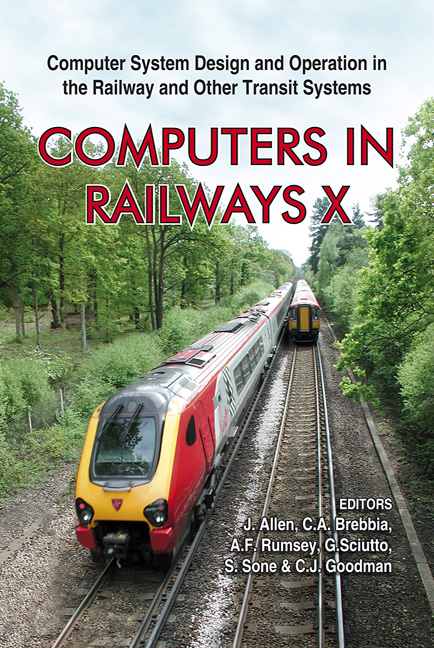The Feasibility Case For Converting Existing Heavy Metro Systems To Driverless Operation
Price
Free (open access)
Transaction
Volume
88
Pages
10
Published
2006
Size
431 kb
Paper DOI
10.2495/CR060361
Copyright
WIT Press
Author(s)
P. Thomas
Abstract
Bill Gates once said that ‘The first rule of any technology used in a business is that automation applied to an efficient operation will magnify the efficiency. The second is that automation applied to an inefficient operation will magnify the inefficiency.’ The concepts and principles of driverless metro systems are well established, especially when applied to Automated People Movers and new build Metro Systems. Driverless operation can deliver significant operational and service benefits over conventionally operated lines. With the establishment of Driverless systems and the underlying enabling technologies the business case for converting an existing metro system to driverless operation is becoming increasingly feasible. To this extent many existing metro operators are either considering, planning or implementing driverless operation. When considering converting an existing metro operation from a conventionally staffed operation a number of factors need to be assessed by the operator to evaluate the feasibility of the endeavour. These include but are not limited to: the operational and service benefits required from the system; the safety risk and subsequent control measures; the public perception and acceptance of the system; systems integration and migration from the existing to new system. This paper will assess the principle factors that need to be addressed in the feasibility case for conversion of a heavy metro system to driverless operation. This paper is not setting out to provide an economic evaluation of such a scheme. However it is suggesting that it is possible to construct a feasibility case to convert an existing heavy metro system to driverless operation by considering the issues discussed in this paper. Keywords: driverless operation, systems integration, systems engineering, automation, train control systems.
Keywords
driverless operation, systems integration, systems engineering, automation, train control systems.





